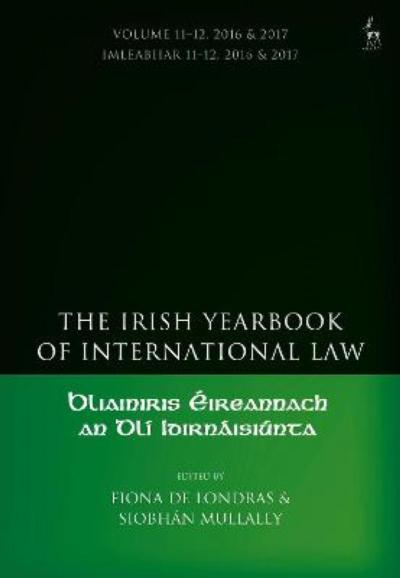Truth in transition. The role of truth commissions in political transitions in Chile and El Salvador
How to cite this publication:
David Gairdner (1999). Truth in transition. The role of truth commissions in political transitions in Chile and El Salvador. Bergen: Chr. Michelsen Institute (CMI Report R 1999:8)
Truth Commissions are increasingly being used as one mechanism in a broader strategy to consolidate democratic governance following a period of authoritarian rule. However, there has been little research on the impact of Commissions, including identifying the aspects of a transition process that they are able to address. Accordingly, this study offers a framework for understanding the role of Truth Commissions in political transition. It argues that Commissions have the potential to support the consolidation of a democratic polity when they contribute towards two essential tasks. First, Commissions must act to dismantle enclaves of authoritarian power that were transplanted from the past into the post-transition polity. The presence of these enclaves undermines the democratic qualities of the new polity and renders the transition process incomplete. Second, Commissions must simultaneously help to create new structures and values on which democratic governance can be built. The interaction between the Commissions and authoritarian enclaves takes place in specific sites of transition in a given society; Strategic Behaviour (the institutional matrix of constraints and opportunities that shape interaction between social actors), Social Epistemes (bodies of knowledge and ways of imagining relations within a political collective) and the Material Environment (economic structures). Enclaves not falling within the mandate of a Commission must be the subject of action from other initiatives.


